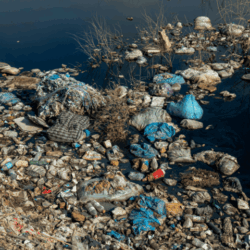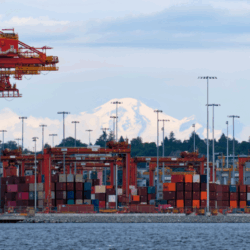Kamloops Nightlife
 Wednesday Night Trivia at McCracken Station Pub
Wednesday Night Trivia at McCracken Station PubMcCracken Station Pub
Wed Aug 13, 2025 – 7:30 pm – 9:30 pm
More Kamloops Nightlife Events
Upcoming Events
 Music in the Park: Stage Fright / Lips – Def Leppard Tribute Rolling Stones Tribute
Music in the Park: Stage Fright / Lips – Def Leppard Tribute Rolling Stones TributeRiverside Park
Sun Aug 10, 2025
Concerts & MusicIn the ParkSeasonalTourist Attractions
 Music in the Park: Last Child – Classic Rock
Music in the Park: Last Child – Classic RockRiverside Park
Mon Aug 11, 2025
Concerts & MusicIn the ParkSeasonalTourist Attractions
 Music in the Park: No Doubt Tribute – Tribute Band
Music in the Park: No Doubt Tribute – Tribute BandRiverside Park
Tue Aug 12, 2025
Concerts & MusicIn the ParkSeasonalTourist Attractions
 Music in the Park: Led Zeppelin Tribute – Tribute Band
Music in the Park: Led Zeppelin Tribute – Tribute BandRiverside Park
Wed Aug 13, 2025
Concerts & MusicIn the ParkSeasonalTourist Attractions
 Wednesday Kamloops Farmer’s Market
Wednesday Kamloops Farmer’s MarketKamloops Farmer’s Market (Wednesday)
Wed Aug 13, 2025
Farmer's Market/Craft Sale
Latest News
 ‘Kamloops Will Always Be Home’ – Dylan Garand Reflects on his WHL Journey
‘Kamloops Will Always Be Home’ – Dylan Garand Reflects on his WHL JourneyAugust 5, 2025 at 8:57 am
Kamloops BlazersSports
 Wildfire smoke: insights from a respiratory therapist
Wildfire smoke: insights from a respiratory therapistAugust 1, 2025 at 10:56 am
EducationKamloopsNews









